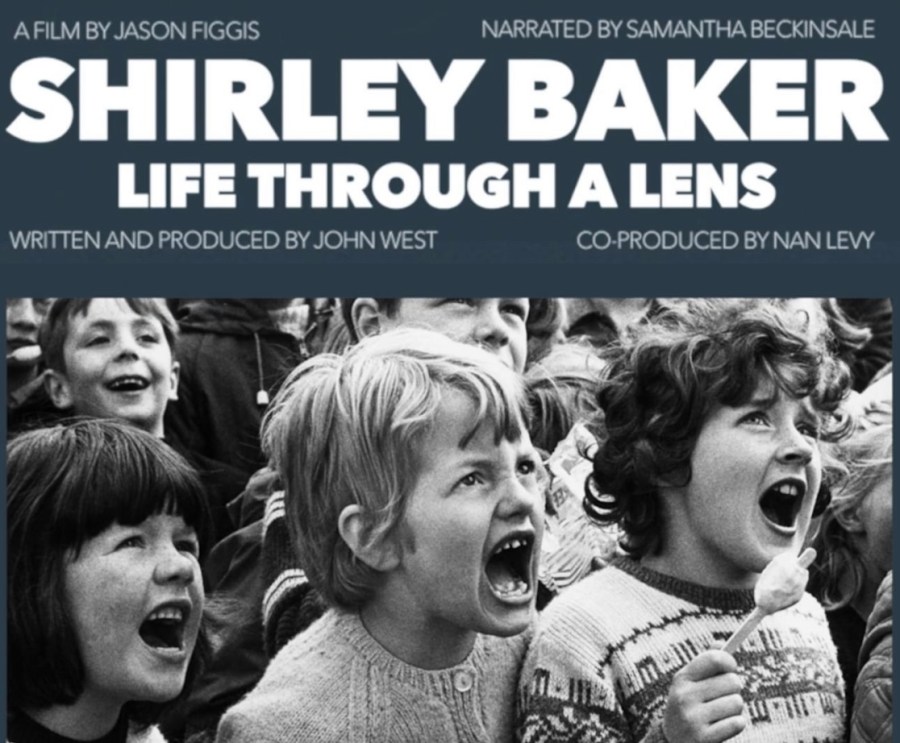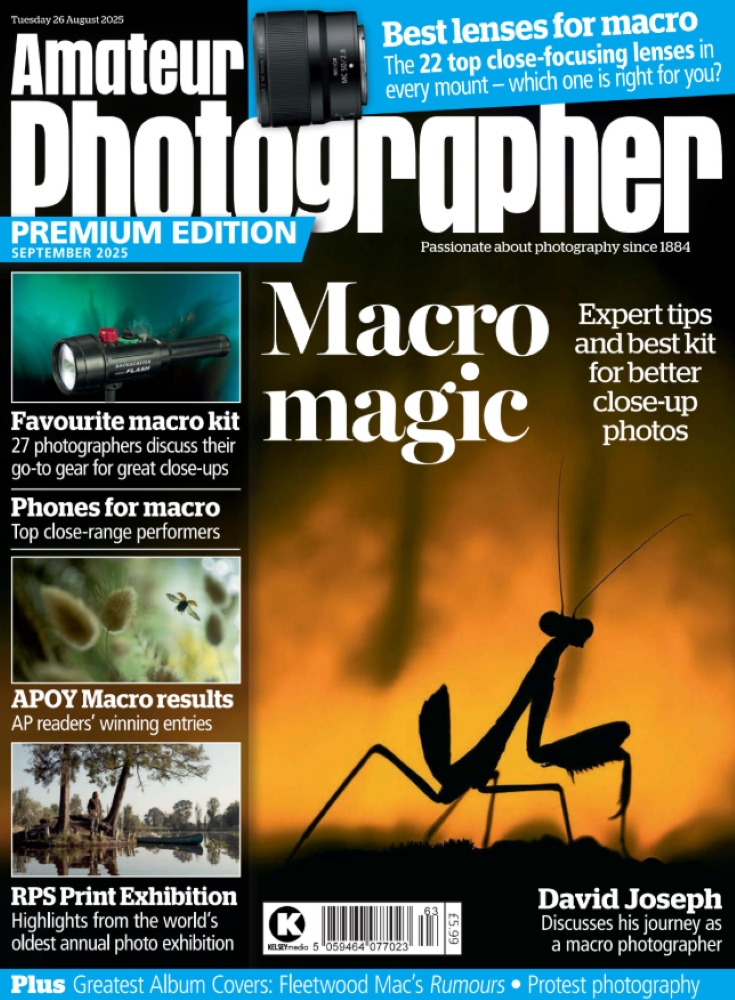Life Through a Lens, a new documentary film celebrating the work of the late British street photographer Shirley Baker, comes out on May 18th. We caught up with the director, Jason Figgis, to find out more
Shirley Baker (1932-2014) was an accomplished social documentary/street photographer, and although she deserves a much higher profile, her work is right up there with the best. Shirley focussed on working class inner-city areas in her native Manchester and also in London from 1960 until 1981, leaving behind a valuable record of post-war British culture.
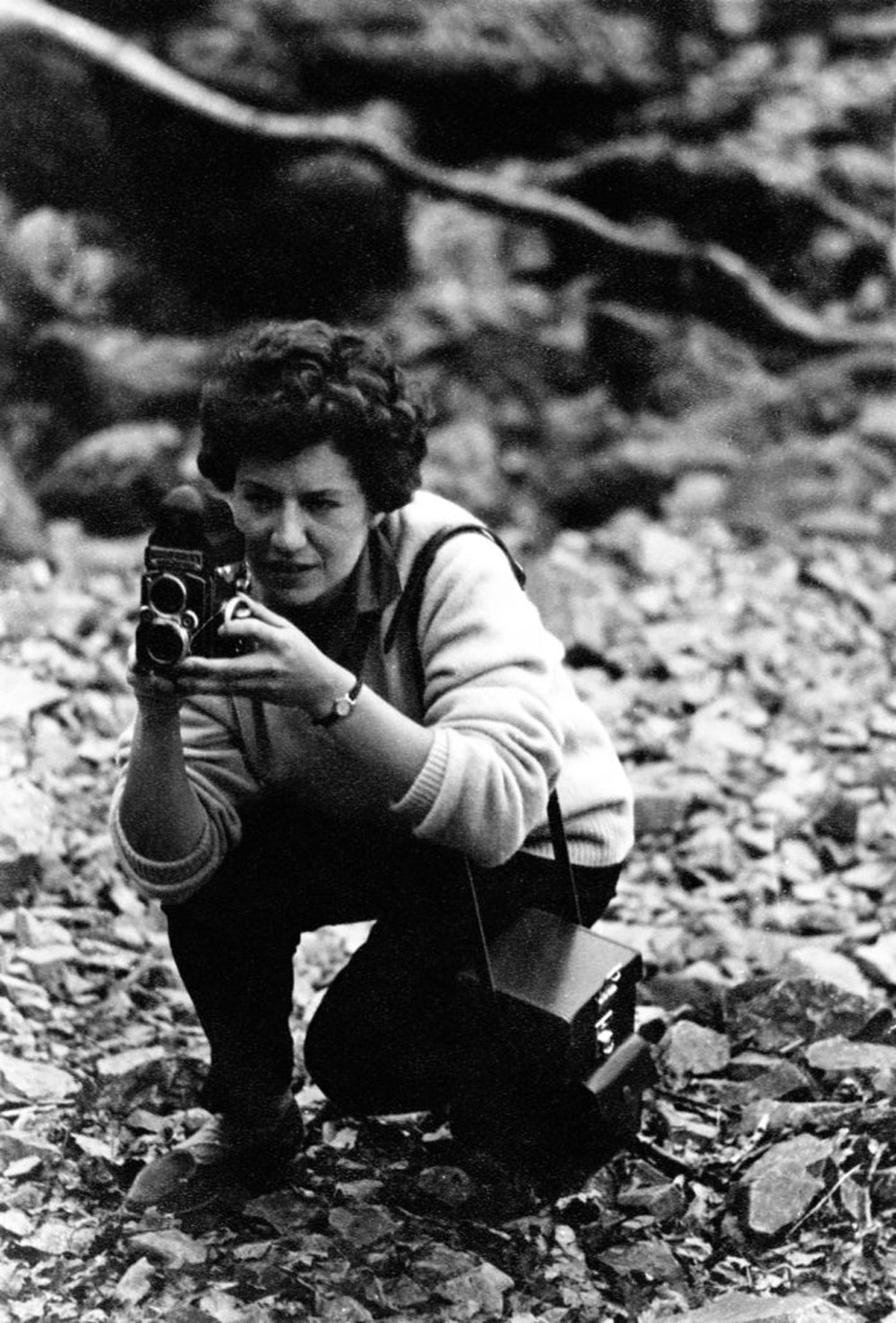
Shirley Baker. Image credit: Estate of Shirley Baker
One of the few women in post-war Britain to receive formal photographic training in Manchester and London, she first worked at Courtaulds the fabric manufacturers, as an in-house factory photographer, before branching out as a successful freelancer.
Her work was published in a wide variety of newspapers and magazines, including Amateur Photographer, but her gritty street images didn’t become more widely known until she had her first exhibition, Here Yesterday, and Gone Today, at Salford Art Gallery in 1986. In 2015, her first London exhibition, Women and Children; and Loitering Men, took place posthumously at The Photographer’s Gallery.
The director of Life Through a Lens, Jason Figgis, is an award-winning IFTA nominated film and TV director who’s already made a memorable documentary about the acclaimed infrared photographer and ghost hunter, Simon Marsden. Jason explains more about the Shirley Baker documentary below, which premieres at the Centre for British Photography in London on May 18th.
Don’t forget to check out our full guides to street photography and the best cameras for street photography, as well as street photography law and how to take great street shots in black and white.
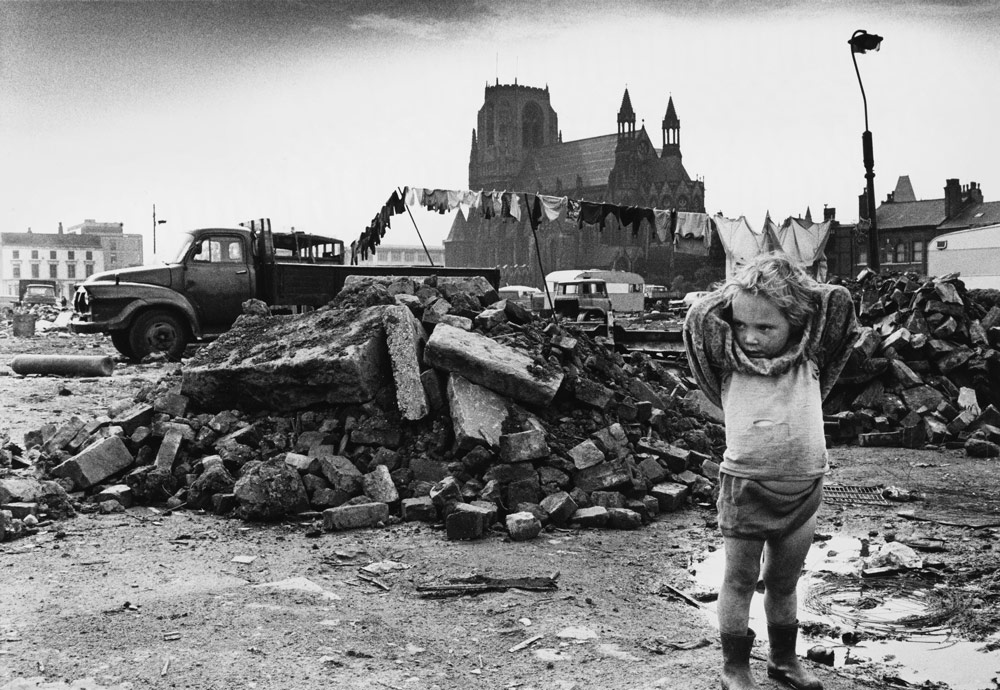
Manchester, England, 1968. Picture credit: Estate of Shirley Baker
Jason, how did you get the idea to make the movie about Shirley Baker?
I’d seen the famous documentary about Vivian Maier and I thought, you know what, I’d have loved to make a film about a woman street photographer, too. I felt Shirley Baker wasn’t getting the credit she deserved – indeed, her pictures weren’t even credited in some articles I saw – so I decided I wanted to find out more. I have always had a romantic notion of the North of England, where Shirley was from, mainly because Lowry is my favourite painter.
The film includes dozens of her colour and black and white images, and we have the actress Samantha Beckinsale – sister of Kate – as narrator. Hopefully, Life Through a Lens will bring Shirley’s work to a much wider audience, both in the photographic community and beyond.
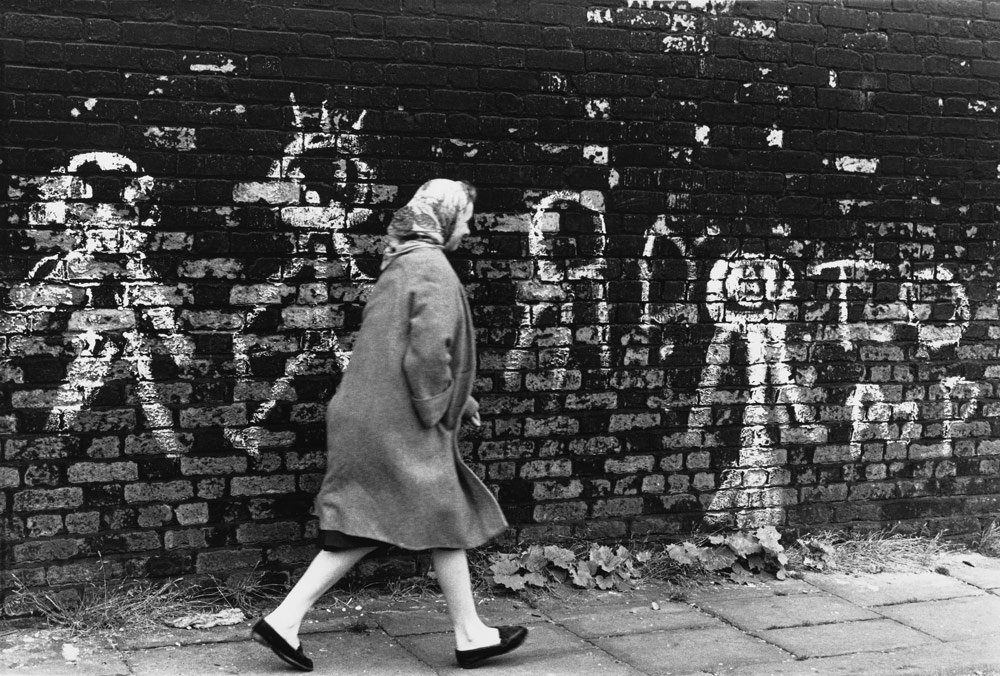
Salford, England, 1964. Image credit: Estate of Shirley Baker
Did Shirley’s family get behind the project from the beginning?
I contacted her daughter, Nan Levy, who runs the Shirley Baker estate, and had several phone conversations with her. The family were curious to know what would the angle of the documentary would be. As I explained, my only angle was to tell Shirley’s story and celebrate her work.
The photographs are beautiful, people look right into Shirley’s lens, and there is no artifice. I wanted the movie to explore who Shirley was, where she came from, and what made her want to go out and document all the social upheavals going on in Salford and Manchester during the 60s and 70s, before moving on to photograph in London and France. She once said in relation to the Manchester slum clearances, ‘my sympathies lay with the people who were forced to exist miserably, often for months on end, sometimes years, whilst demolition went on all around them.’
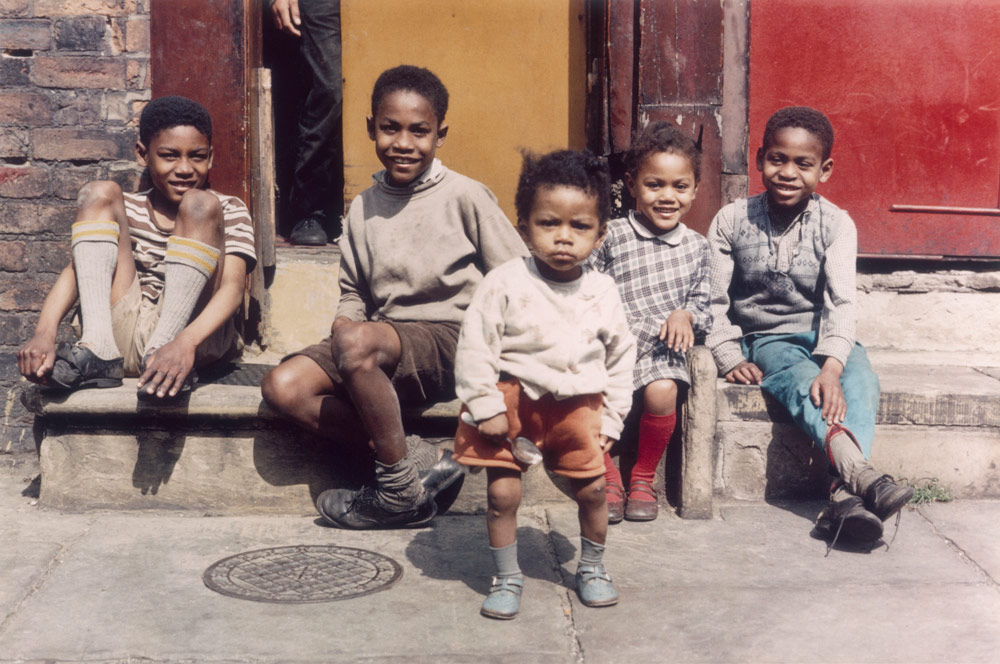
Shirley was also a keen early exponent of colour film. Hulme, Manchester, 1965. Image credit: Estate of Shirley Baker
What do you hope to achieve with the film – and what can modern photographers learn from Shirley Baker’s work?
I hope it will raise the profile of her fantastic street and documentary photography, and get her the platform she deserves. Shirley was mainly working in the pre-digital age, and obviously in some ways things are a lot easier for street photographers these days. She had no instant digital replay and had to really understand the type, and the speed, of the film she was using – as well as all aspects of exposure.
I think it’s easier for street photographers to shoot from a distance now, while Shirley had to get right up close to her subjects and earn their trust. I think a lot of modern photographers can learn from developing this kind of intimacy, learning those social skills, getting that trust and relationship going with their subjects.
I am really glad that the film will be shown in recognised centres of photography, in both London and Manchester – James Hyman, the Director of the Centre for British Photography, is a big fan of her work.

Shirley also found London a regular source of inspiration. Camden, London, 1986. Image credit: Estate of Shirley Baker
Shirley Baker: Life Through a Lens gets its London premiere at the Centre for British Photography on May 18th. Tickets costs £6 and a limited number are available. The screening will be followed by a conversation with Shirley Baker’s daughter, Nan Levy, and James Hyman, the director of the centre. There will also be a second showing on May 24th, and the northern premiere take places at Manchester Art Gallery on May 23rd. Life Through a Lens will also be available on DVD and Video on Demand later in the year.
Further reading
Street photography guide
The law around street photography
The best cameras for street photography
The best lenses for street photography
Smartphones for street photography
Black and white street photography
Top international women photographers to follow

